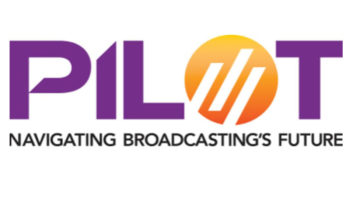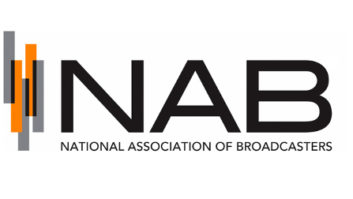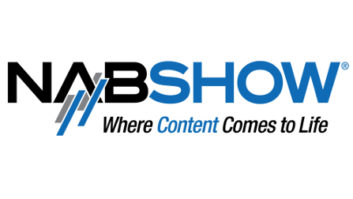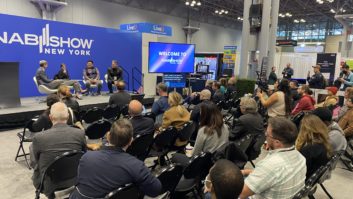If GeoBroadcast Solutions (GBS) is to gain FCC approval for its ZoneCasting geo-targeting technology for broadcasters it will have to overcome mounting pressure applied by NAB to halt it.
The FM booster technology company this week defended itself against NAB’s most recent claims that the business background of GBS founder and CEO Chris Devine should be considered by the FCC as the commission debates GBS’s geo-targeting proposal.
“While there has been no shortage of irrelevant arguments throughout this proceeding, this [NAB] letter lobs out-of-context personal allegations that have no bearing on the merits of the proposal before the commission in a blatant attempt to change the subject and derail this rulemaking,” GBS wrote the FCC in its latest ex parte comments submitted to the docket this week.
GBS says the FCC should “assess the pending proposal based on the extensive technical record developed in this proceeding.” The company’s proposal is asking for a rule change to permit FM boosters to originate hyper-local content for up to three minutes of each broadcast hour in order to target specific geographic areas of its signal.
NAB, in its comments submitted last week, raised questions about a 2009 lawsuit against Devine filed by the estate of one of his business investors.
GBS responded to the NAB’s assertion: “The letter repeats a variety of meritless claims from the lawsuit and misleadingly suggests that the case was settled because of the merits. In fact, this baseless lawsuit grew out of a sad, intra-family dispute and was voluntarily withdrawn by the plaintiff with prejudice because in fact Mr. Devine’s conduct in the matter was appropriate.
“As any entrepreneur knows, baseless lawsuits happen in business and this meritless suit was handled the way it should have been; with the plaintiff dismissing the suit with prejudice and not receiving a penny in damages.”
The GBS comments, submitted by Gerard Waldron, counsel to GBS, say the NAB filing was meant to “create a sideshow where the public interest debate is put aside.”
[Related: “NAB Questions Past Business Dealings of GBS CEO“]
The company’s letter also addresses other substantive points outlined in the NAB comments, including claims that the FCC rule change reflects a proprietary concept and would only benefit GBS. “The company has never made that claim and to the contrary has made plain that others can offer this service; indeed a radio broadcaster could work with their own consulting engineer to devise a booster system.”
GBS continued: “If the commission adopts the proposal, any company could work to develop and deploy FM booster geo-targeting technology that operates consistent with the commission’s interference rules.”
In conclusion, GBS placed emphasis on the fact that its geo-targeting booster technology, if approved, would not be mandatory, but rather a business decision for individual broadcasters.
“NAB now thinks the FCC should be making [decisions] to oversee a broadcaster’s business plans,” GBS wrote.
The NAB letter “endeavors to turn the commission’s attention away from NAB’s technical arguments, which have been shown to be wanting, and away from its plea for the FCC to be the regulator of last resort for a radio station’s business plans, which has no foundation in the law,” GBS commented.
The years-long FCC rulemaking proceeding has been contentious with opposition from large broadcast groups like iHeartMedia, Beasley and Audacy while some smaller broadcasters see the technology in a favorable light. NAB has previously scoffed at geo-targeting experimental test results submitted by GBS calling them “rigged” and “effectively an attempt to catfish” the FCC “with cherry-picked scenarios.”
National Public Radio has been another ZoneCasting critic that believes data from experimental field tests are incomplete.
The National Association of Broadcasters declined comment for this story.
Comments in this proceeding can be reviewed online at the FCC website (RM-11854) in the commission’s ECFS system.
[Find the rest of our stories covering the geo-targeting debate here]











